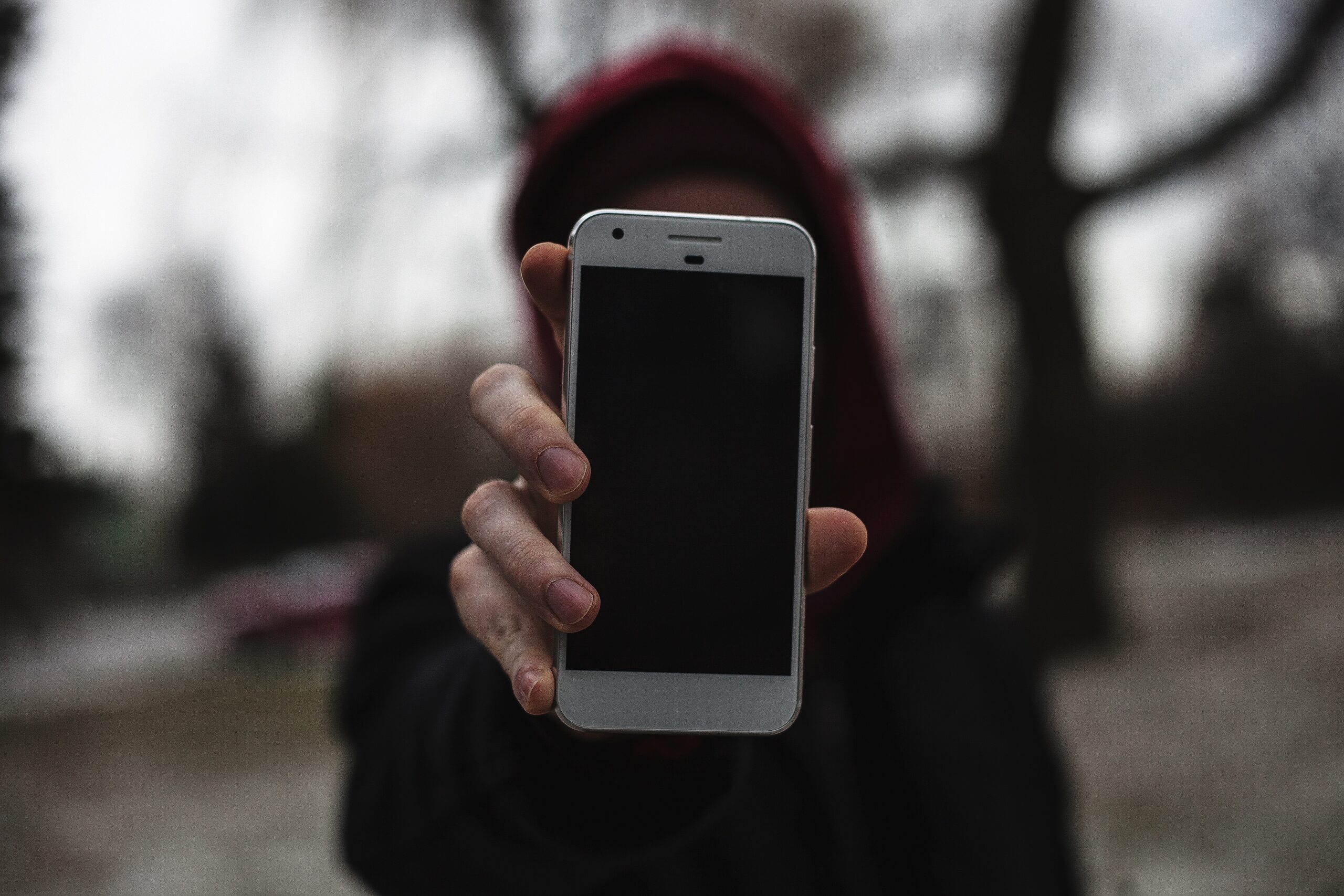As family law attorneys, one of our most important tasks is proving our client’s claims of abuse sufficiently enough to persuade the family courts. There are several means to accomplish this, usually in the form of photographs of injuries or property destruction, screenshots of abusive texts or emails, medical records, police reports, and occasionally witness testimony. Another consideration is the usability of recorded materials.
In 2024, everyone has a phone, and if you have a phone, you have a camera. If we can upload every facet of our mundane lives to social media, surely then we can record incidents of abuse or violence, and apply them to the critical purpose requesting orders for our own protection.
Well, it’s not that simple.
California Has a “Two-Party Consent” Law and You’re Subject to It
Parties should be aware that in the state of California, audio and video recording is a sticky subject. Pursuant to Cal Penal Code § 630, “eavesdropping” or unilaterally recording confidential communications by electronic means without the consent of the other parties is an illegal act and subject to prosecution. In other words, it’s not legal to record someone unless all parties involved consent to it. If you do, you may face fines or even imprisonment. So, what is a domestic violence victim supposed to do?

There are Exceptions to “Two-Party Consent” – Is Your Situation One of Them?
In comes Frio v. Superior Court (Ierace) (1998) 203 Cal.App.3d 1480, at 1490, which holds that even where a party is prohibited from introducing an unlawful recording itself into evidence, a transcript of the unlawfully recorded conversation may still be admissible to impeach the other person’s testimony where it contradicts or varies from the contents of the illegal recording. In other words, a recording, even if recorded unilaterally, may be used in court to prove that the other person is lying about what happened (i.e. to “impeach” them.) Furthermore, Cal Penal Code § 633.5 states that it is lawful for a victim of crimes such as domestic violence to record [the abuser] making, or acting upon threats of harm, and 633.6(b) reads specifically:
“a victim of domestic violence who is seeking a domestic violence restraining order from a court, and who reasonably believes that a confidential communication made to him or her by the perpetrator may contain evidence germane to that restraining order, may record that communication for the exclusive purpose and use of providing that evidence to the court.”
Additional exceptions may include those conversations taking place in a public space where parties do not have a reasonable expectation of privacy, surveillance conducted by law enforcement agencies, journalism purposes, or if the recording is necessary to prevent crimes against a person such as extortion, bribery, kidnapping, and felony violence. Talk to a lawyer for more information regarding legal recording exceptions.
Evidence Admissibility is Complicated – Get Legal Advice
The rules of evidence admissibility can be complicated, and there are few things as important to your case as properly evidencing it. Ultimately, if you are a victim of abuse and need the protection of the courts, it is wise to retain attorneys who can assess your case and the strength and utility of the evidence you think you have. At THE ZHOU LAW GROUP APC, our attorneys are experienced with the balancing act that California law maintains between protecting victims of domestic violence and also all person’s right to privacy.